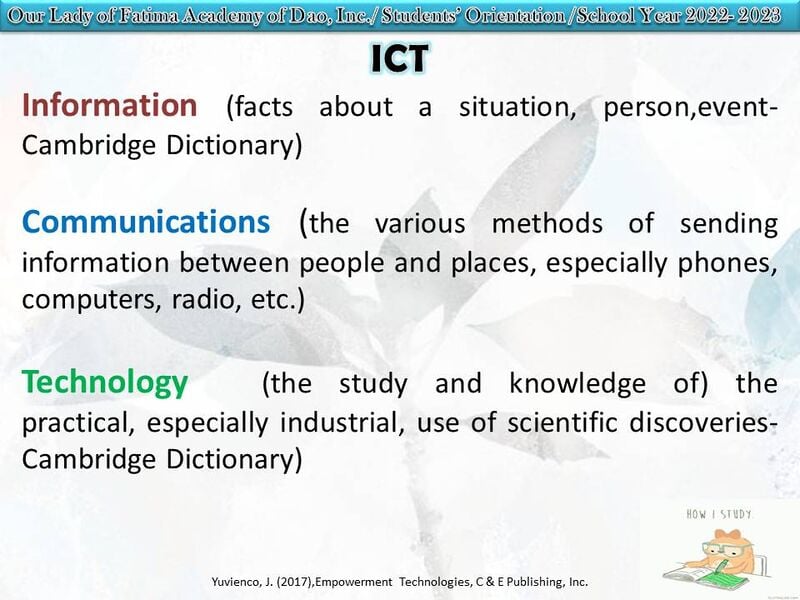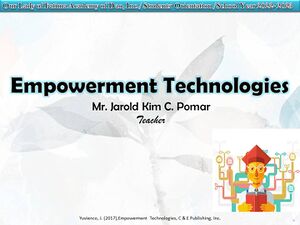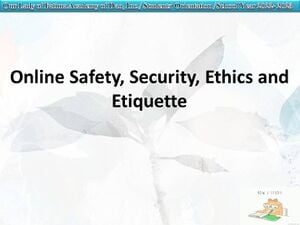
Original file (960 × 720 pixels, file size: 88 KB, MIME type: image/jpeg)




When it comes to online safety, etiquette, ethics, and security, there are several important lessons that you can learn. Here are some key takeaways:
1. Online Safety:
- Protect Your Personal Information: Be cautious about sharing personal information online, such as your full name, address, phone number, or financial details. Only provide such information on secure websites and to trusted individuals or organizations.
- Use Strong and Unique Passwords: Create strong passwords for your online accounts and avoid using the same password for multiple accounts. Regularly update your passwords and consider using a password manager to securely store them.
- Be Wary of Phishing Attempts: Be cautious of suspicious emails, messages, or links that may be phishing attempts. Avoid clicking on unknown links or downloading attachments from untrusted sources.
- Use Reliable Security Software: Install and regularly update antivirus and anti-malware software on your devices to protect against potential threats.
2. Online Etiquette:
- Respect Others: Treat others online with respect and kindness, just as you would in face-to-face interactions. Avoid engaging in cyberbullying, hate speech, or any form of harassment.
- Think Before You Post: Consider the potential impact of your posts, comments, or messages before sharing them. Remember that once something is posted online, it can be difficult to completely remove or control its distribution.
- Be Mindful of Tone and Language: Use appropriate language and tone in your online communications, considering the context and the audience. Avoid using all caps, excessive exclamation marks, or offensive language that may be misinterpreted or offensive to others.
3. Online Ethics:
- Copyright and Intellectual Property: Respect copyright laws and intellectual property rights when using or sharing content online. Give credit to the original creators and seek permission when necessary.
- Digital Citizenship: Be a responsible digital citizen by engaging in positive online behavior, promoting digital literacy, and respecting the rights and privacy of others.
- Avoid Plagiarism: When using information from online sources, properly cite and attribute the original authors or creators. Avoid presenting someone else's work as your own.
4. Online Security:
- Secure Your Devices: Keep your devices, including computers, smartphones, and tablets, updated with the latest security patches and software updates. Enable security features like passcodes, biometric authentication, and remote tracking or wiping.
- Use Secure Networks: Be cautious when connecting to public Wi-Fi networks, as they may not be secure. Avoid accessing sensitive information or making financial transactions on unsecured networks.
- Regularly Back Up Your Data: Create regular backups of your important files and data to protect against data loss due to hardware failure, theft, or other unforeseen events.
By understanding and implementing these lessons, you can navigate the online world more safely, ethically, and securely. It's important to stay informed about the latest online threats, best practices, and guidelines to ensure a positive and secure online experience
I learned many topics in Empowerment Technologies , I hope I'll learn more.
File history
Click on a date/time to view the file as it appeared at that time.
| Date/Time | Thumbnail | Dimensions | User | Comment | |
|---|---|---|---|---|---|
| current | 09:18, 8 January 2024 |  | 960 × 720 (88 KB) | Ecel (talk | contribs) |
You cannot overwrite this file.
File usage
The following page uses this file: